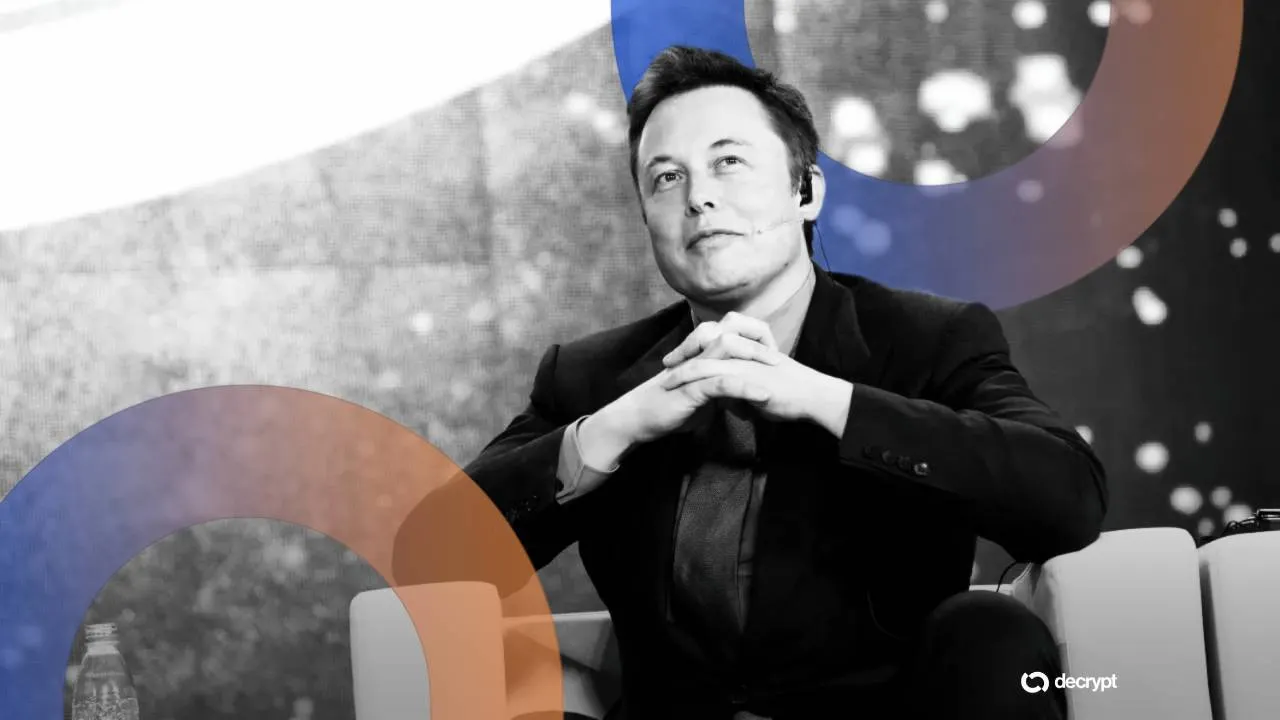Judge Denies Apple, OpenAI Bid to Dismiss Elon Musk’s Antitrust Lawsuit

News Summary
A U.S. federal judge denied Apple and OpenAI’s motions to dismiss Elon Musk’s antitrust suit, allowing X Corp. and xAI's claims to proceed, directing the case toward summary judgment rather than early dismissal. The lawsuit targets Apple's exclusive integration of ChatGPT into iOS, which Musk alleges gives OpenAI access to hundreds of millions of iPhone users while blocking competitors like Grok from equal integration opportunities. Musk’s firms also accuse Apple of manipulating App Store rankings to favor ChatGPT and suppress competitors. Legal experts note the case hinges on "evidence of exclusion vs. efficiency," examining whether rivals are "truly blocked" from Apple's iOS or if it is simply a "competitive partnership in a nascent but fast-moving market."
Background
Elon Musk co-founded OpenAI in 2015 with Sam Altman and others, but stepped down from its board in 2018 citing a potential conflict as Tesla expanded its own AI work. Since then, Musk has repeatedly accused OpenAI of abandoning its founding mission of "openness" for a "closed, profit-driven arm of Microsoft," filing multiple lawsuits. The current antitrust lawsuit was filed in August 2024, challenging Apple's June 2024 decision to make ChatGPT the exclusive AI assistant integrated into its iOS operating system. This case unfolds as regulators globally are still grappling with defining the "AI market" and how "default AI integrations on dominant platforms" should be treated under antitrust law.
In-Depth AI Insights
What are the broader implications of this lawsuit for the nascent AI market's competitive landscape and platform dominance? - This ruling could set a precedent for how "default AI integrations on dominant platforms" are treated under antitrust law. A judgment against Apple and OpenAI might compel platforms to adopt more open AI integration policies, benefiting smaller AI developers and fostering a more competitive ecosystem. - Conversely, a ruling in favor of Apple and OpenAI could solidify platform control over AI distribution, potentially entrenching existing incumbents' market positions. Beyond market share, what strategic objectives might Elon Musk be pursuing with this persistent legal challenge against OpenAI and Apple? - Musk's actions appear multifaceted. First, they align with his stated mission for open AI, contrasting with OpenAI's perceived shift away from it. - Second, it's a direct attack on competitors (ChatGPT) and a platform (Apple) that could hinder Grok's growth. This could be aimed at disrupting the current AI alliance. - Third, this move might be a strategic maneuver to force Apple to reconsider its exclusive partnership or open its platform, thereby creating opportunities for xAI. How might this antitrust scrutiny influence future collaborations between large technology platforms and leading AI model developers? - The outcome of this lawsuit could make tech platforms more cautious about exclusive AI partnerships, favoring more open or multi-partner integration strategies to circumvent potential antitrust challenges. - AI model developers might also seek non-exclusive distribution channels to diversify risk and reduce dependence on a single platform, prompting a shift towards more decentralized collaboration models in the industry.